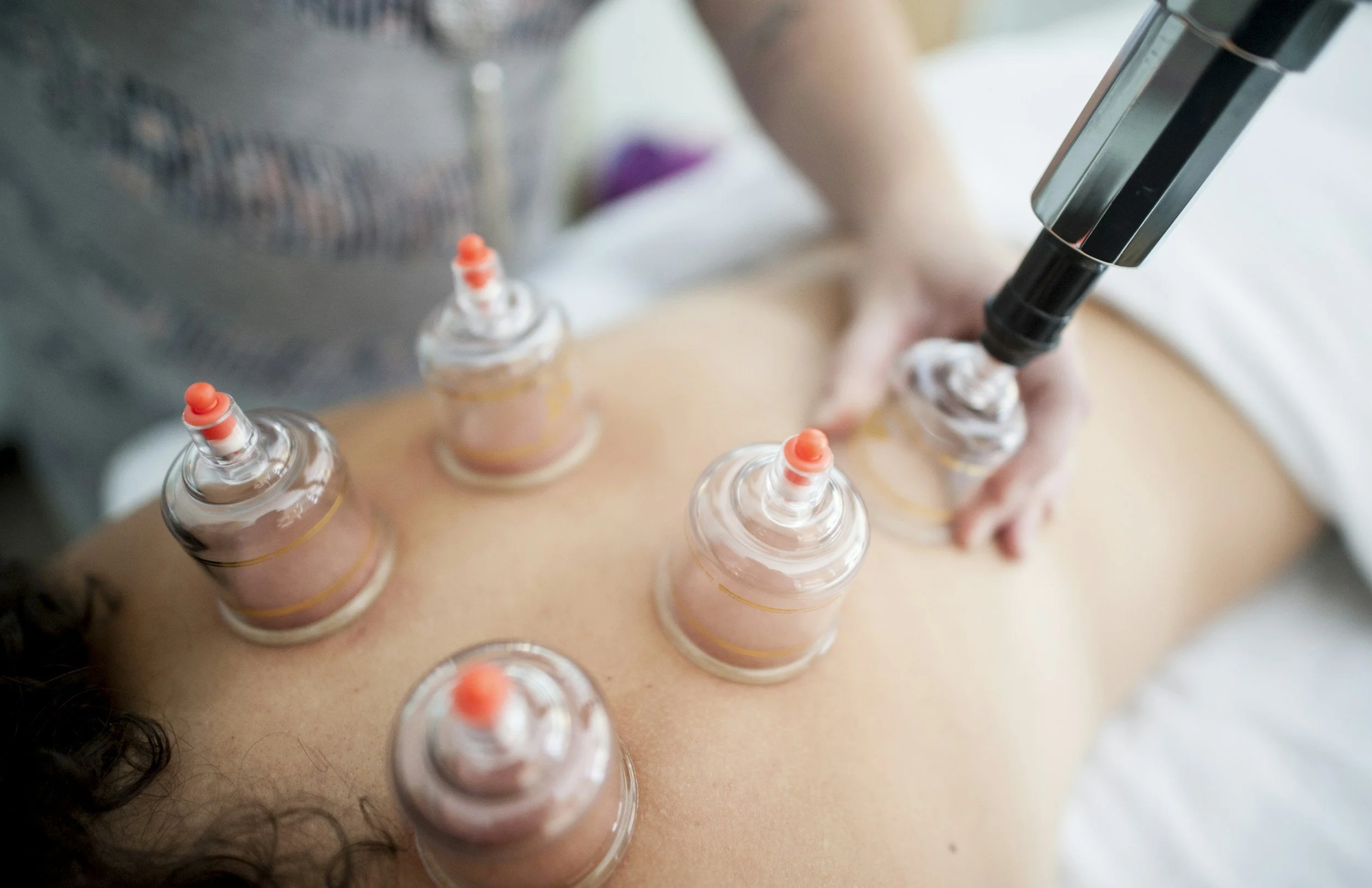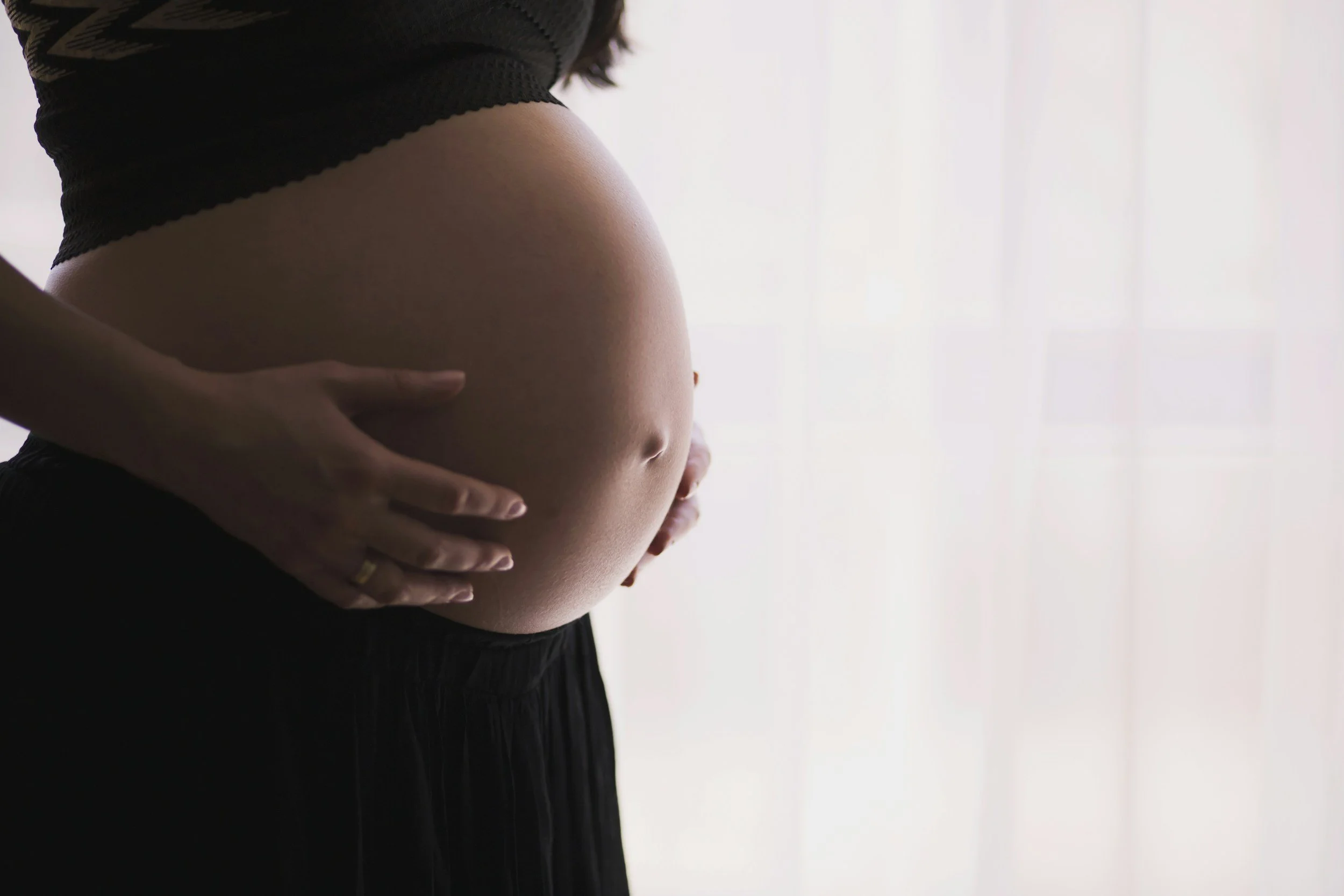How Acupuncture Supports Fertility: An Informative Guide
Acupuncture, a key component of Traditional Chinese Medicine (TCM), has been used for thousands of years to treat various health conditions, including fertility issues. In recent years, acupuncture has gained popularity as a complementary therapy for enhancing fertility and supporting reproductive health. This ancient practice involves the insertion of thin needles into specific points on the body to promote healing and balance. Here, we explore how acupuncture can support fertility and improve your chances of conception.
Understanding Acupuncture
Acupuncture works on the principle that the body's vital energy, known as Qi (pronounced "chee"), flows through pathways called meridians. When Qi is balanced and flowing freely, the body is in a state of health. However, if the flow of Qi is disrupted or blocked, it can lead to illness or dysfunction. Acupuncture aims to restore the balance of Qi, thereby promoting overall well-being and addressing specific health concerns, including fertility.
How Acupuncture Supports Fertility
Improving Blood Flow to the Reproductive Organs
One of the primary ways acupuncture supports fertility is by enhancing blood flow to the reproductive organs. Increased blood flow ensures that the ovaries receive sufficient oxygen and nutrients, which can improve the quality of the eggs. For men, better blood flow to the testes can enhance sperm production and quality. Improved circulation to the uterus also creates a more favorable environment for embryo implantation and growth.
Balancing Hormones
Hormonal balance is crucial for reproductive health. Acupuncture can help regulate the endocrine system, which controls hormone production. By stimulating specific acupuncture points, this therapy can influence the release of hormones such as follicle-stimulating hormone (FSH), luteinizing hormone (LH), estrogen, and progesterone. Balanced hormone levels can lead to regular menstrual cycles, improved ovulation, and better overall reproductive function.
Reducing Stress and Anxiety
Stress and anxiety can negatively impact fertility by disrupting hormone levels and interfering with the reproductive process. Acupuncture is well-known for its ability to reduce stress and promote relaxation. By stimulating the release of endorphins, the body's natural painkillers and mood enhancers, acupuncture can help alleviate stress and anxiety. This, in turn, can create a more favorable environment for conception.
Enhancing the Lining of the Uterus
A healthy uterine lining is essential for embryo implantation and successful pregnancy. Acupuncture can help improve the thickness and quality of the endometrial lining by increasing blood flow to the uterus and promoting the release of growth factors. A well-developed uterine lining increases the chances of a fertilized egg implanting and developing into a healthy pregnancy.
Supporting IVF and Other Assisted Reproductive Technologies
Acupuncture is often used in conjunction with in vitro fertilization (IVF) and other assisted reproductive technologies (ART). Studies have shown that acupuncture can improve the success rates of IVF by enhancing blood flow to the reproductive organs, reducing stress, and promoting hormonal balance. Acupuncture is typically recommended before and after embryo transfer to support implantation and early pregnancy.
Research on Acupuncture and Fertility
Several studies have explored the benefits of acupuncture for fertility. Research has shown that acupuncture can:
Improve pregnancy rates in women undergoing IVF treatments.
Enhance sperm quality and motility in men with fertility issues.
Regulate menstrual cycles and improve ovulation in women with polycystic ovary syndrome (PCOS).
Reduce symptoms of endometriosis and improve fertility outcomes.
While more research is needed to fully understand the mechanisms behind acupuncture's effects on fertility, the existing evidence suggests that it can be a valuable complementary therapy for individuals struggling with infertility.
What to Expect During an Acupuncture Session
If you're considering acupuncture to support your fertility, here's what you can expect during a typical session:
Initial Consultation: Your acupuncturist will take a detailed health history, including information about your menstrual cycle, reproductive health, and any fertility treatments you may be undergoing.
Treatment Plan: Based on your health history and current condition, the acupuncturist will develop a personalized treatment plan tailored to your specific needs and fertility goals.
Acupuncture Session: During the session, the acupuncturist will insert thin, sterile needles into specific points on your body. The needles are typically left in place for 20-30 minutes while you relax.
Follow-Up Treatments: Regular sessions are usually recommended, often once or twice a week, depending on your individual needs and treatment plan.
Conclusion
Acupuncture offers a natural, holistic approach to supporting fertility and enhancing reproductive health. By improving blood flow to the reproductive organs, balancing hormones, reducing stress, and supporting the uterine lining, acupuncture can increase the chances of conception and successful pregnancy. Whether used alone or in conjunction with other fertility treatments, acupuncture can be a valuable addition to your fertility journey. If you're considering acupuncture for fertility, consult with a qualified acupuncturist to develop a personalized treatment plan tailored to your unique needs.


